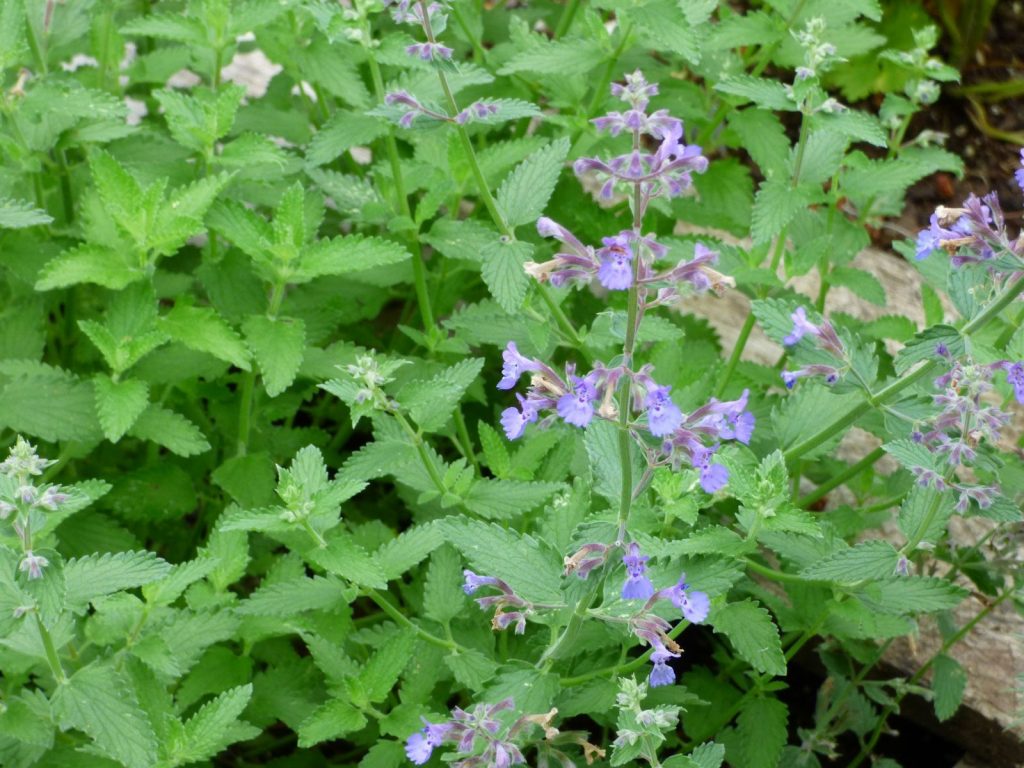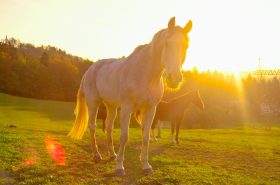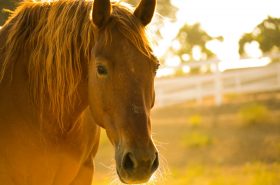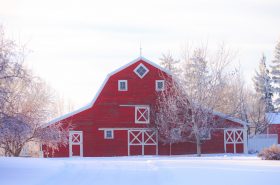If you're like me, then you’re likely welcoming this warmer weather with great big open arms.
After all, what’s not to love about spring?
Oh yeah. Bugs.
Those pesky little creatures try to ruin everything, right?
While I’d like to think that they serve a purpose of some kind, that doesn’t mean I want them buzzing around the barn or biting my horses. However, I’m not one to use chemicals without just cause; instead, I prefer more natural forms of insect control. I thought I’d share a few strategies I’ve implemented over the years:
Add insect-repelling plants around the barn and pasture.
Catnip, a member of the mint family, produces an oil called nepetalactone which attracts cats but deters pests—especially mosquitoes! Holy Basil is another herb that can be planted around the barn to repel both flies and mosquitoes. Lavender deters flies and fleas, and lemon thyme is great to plant in pots or along walkways as it contains citronella oil, another natural insect repellent. The good news about all of these plants is that they’re safe for horses to consume in small quantities (if they should happen to take a bite).
Utilize fly predators in your pasture.
Though they may sound a bit scary, fly predators actually consist of several small insect species which feed on fly larvae. They don’t bite or sting and often go unnoticed by humans and horses as they do their work. By sprinkling fly predators (they come in a bag) around piles of manure or other rotting organic matter, you can help control the fly population around your barn and pasture.
Use natural fly sprays.
These types of products are made with natural ingredients such as oils from insect-deterring plants or apple cider vinegar and can be purchased as topical sprays to apply to your horse’s coat or as a premise spray such as Zero-Bite All-Natural Insect Repellent.
Of course, one of the best ways to naturally reduce pest insects around the farm is to keep your barn and pastures free from manure piles and stagnant water, but using any or all of the above suggestions will further help to keep those annoying insects away.
**
Casie Bazay is a freelance and young adult writer, as well as an owner/barefoot trimmer and certified equine acupressure practitioner. She hosts the blog, The Naturally Healthy Horse, where she regularly shares information on barefoot, equine nutrition, and holistic horse health. Once an avid barrel racer, Casie now enjoys just giving back to the horses who have given her so much. Follow Casie at www.casiebazay.com.




